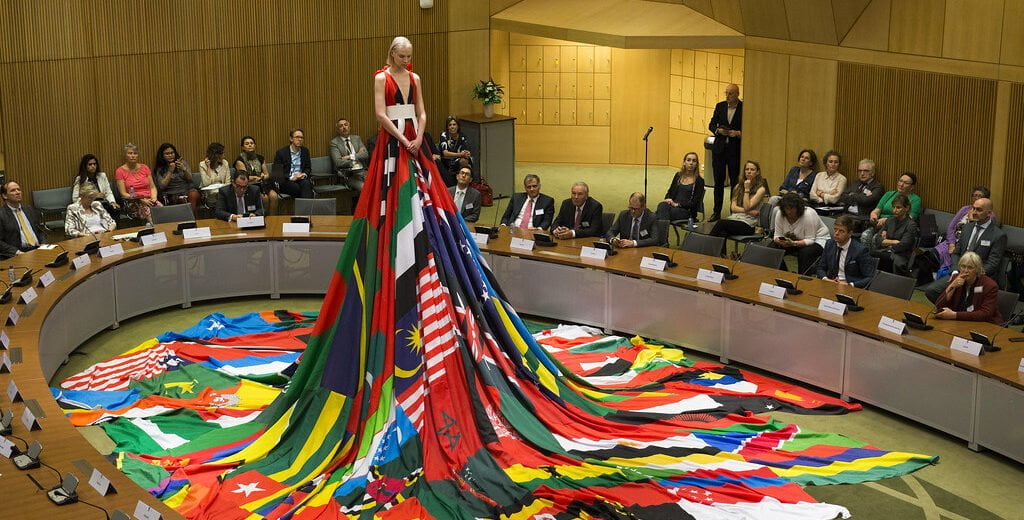Statement by the NGO Delegation on the International Day Against Homophobia, Transphobia and Biphobia (IDAHOT)
On this International Day Against Homophobia, Transphobia, and Biphobia (IDAHOT), the NGO Delegation to the UNAIDS PCB celebrates the sexual and gender diversities of our communities. It commemorates those who have suffered or lost their lives due to violence against sexual and gender minorities.
The NGO Delegation acknowledges the developments in the rights of LGBT+ individuals towards equality in many regions of the world. Still, it is highly concerned by the continuing discrimination and criminalization of LGBT+ persons.
The recent violent developments in Chechnya, the Russian Federation, where members of the LGBT+ community, especially gay men and transgender people, are detained, tortured, and murdered, is one of the many examples from all over the world proving that there is still a long way to go.
The global phenomenon of scapegoating, stigmatizing, and persecution of LGBT+ individuals, communities, and their organizations are clear violations of the human rights of sexual minorities and undermine all commitments and efforts to reach zero discrimination by 2020 and ending AIDS by 2030, particularly Fast Track Commitments 3 (ensuring access to combination prevention among key populations) and 9 (empowering key populations in knowing their rights and prevention of violation of these rights).
Globally, we are far from reaching these targets due to the inadequate responses in several regions where key populations, including gay men and other MSM, are left behind and who are, at best, completely ignored in the national HIV responses.
The NGO Delegation joins the UN Office of the High Commissioner for Human Rights (OHCHR) in calling Member states to end punitive and stigmatizing laws, policies, and practices that criminalize and discriminate against LGBT+ individuals. In addition, we urge UN agencies, including the Joint Programme on HIV/AIDS (UNAIDS), to provide support and technical assistance to communities and Member States so that everyone can enjoy equal access to prevention, treatment, and care services in human dignity regardless of their sexual orientation or gender identity.
